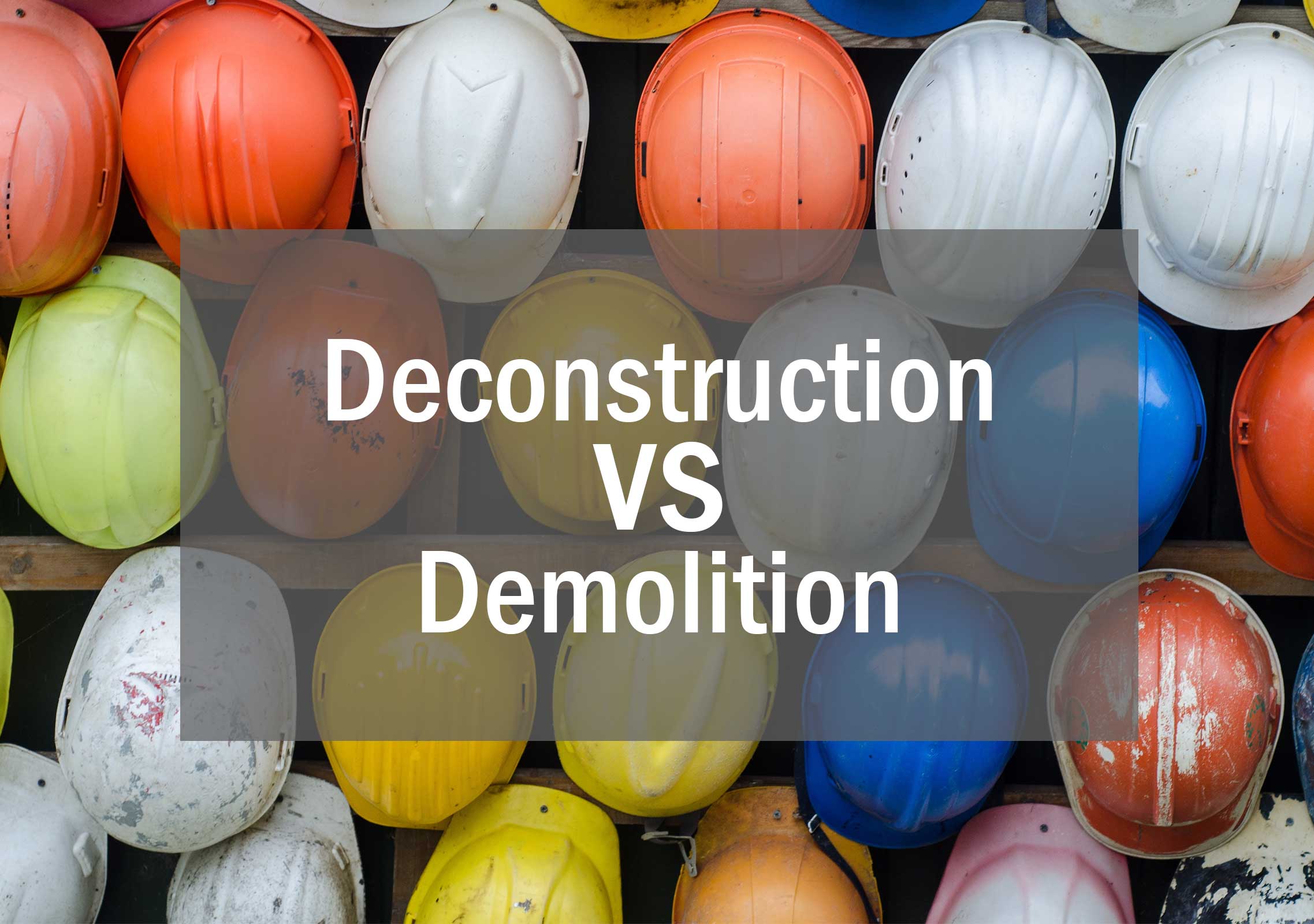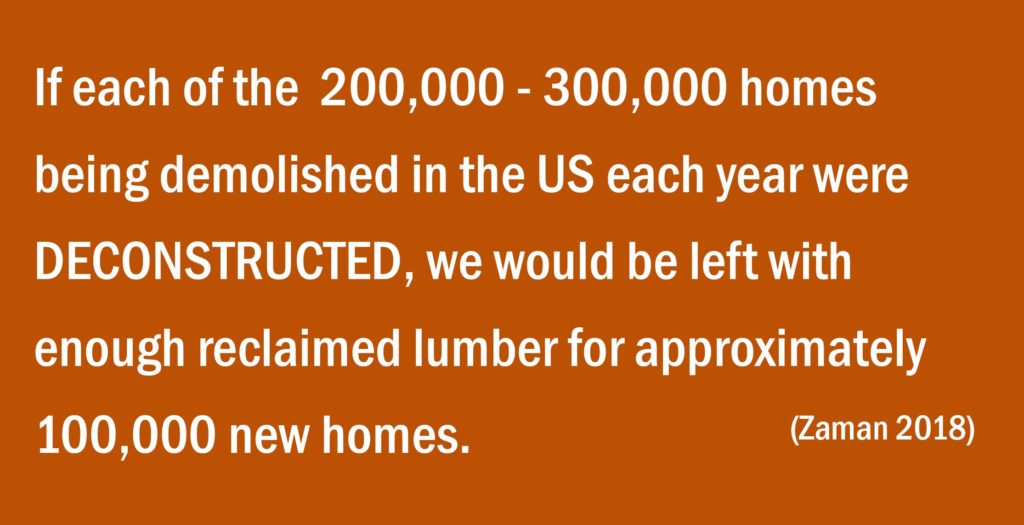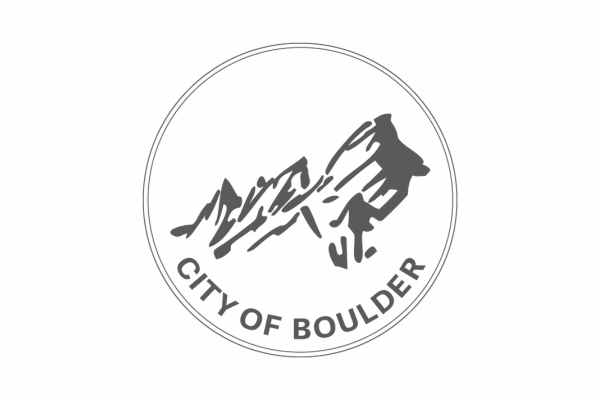Written by Sara Viner
Throughout Boulder, glamorous new homes pop up from what feels out of thin air. We take notice of these flashy new estates but tend to overlook the previous process of transformation.
The cordoned-off construction sites throughout our residential streets, the large roll-off sitting near the road as it collects an increasing amount of material by the hour, and of course the intense, hard work of many construction employees day after day. Due to Boulder’s high demand and building restrictions, these properties usually appear where older homes once existed. This poses two options for new homeowners with the intent to remodel. Deconstruction or demolition.
Here, you will find a quick outline of these two methods along with their pros and cons.
Demolition is a less precise method in which all materials from a structure are sent either to recycling or the landfill.
Deconstruction is a more methodical process in which materials from the original structure are assessed for reuse value (stay tuned for our blog post about appraisals), dismantled with the intent of maximizing this potential, and then reclaimed usually by nonprofits that focus on landfill diversion and materials reuse (like us!).
The bigger picture:
When considering these options, it might help to take a step back and look at the impacts of these choices at a national level.
An estimated 200,000-300,000 structures are demolished each year in the United States which is the source of over 90 percent of the total waste from both construction and deconstruction, averaging around 534 million tons annually, (Zaman 2018).
If more of these demolitions could be transformed into deconstruction projects, not only would we be able to significantly lower the landfill waste, we would also be able to provide construction materials in a sustainable manner; limiting our resource consumption and creating more locally available materials.
In fact, it is estimated that out of every three square feet of structural deconstruction, one square foot of lumber can be salvaged for new construction (Boulder County cites the Deconstruction Institute). Therefore, if each of the two hundred to three hundred thousand homes currently being demolished in the United States each year were deconstructed, we would be left with enough reclaimed lumber for approximately 100,000 new homes. That would save a lot of trees.
 Let’s play the devil’s advocate:
Let’s play the devil’s advocate:
But is reclaiming these materials realistically worth the additional time and money of deconstructing an entire building? There is no doubt that initially, demolition is the quicker, less expensive option for removing a building. However, many case studies have shown that demolition is only initially less expensive, (Schwartz “Pro Tips: Salving on Remodeling Costs With Deconstruction and Salvage” and Hometown Demolition).
Although the cost of a demolition project might be half the cost of hiring a deconstruction team, the items salvaged during deconstruction are often appraised at tens of thousands of dollars (or more in value), and then materials are can be donated to a non-profit as a tax-deductible donation. You will see returns on your initial investment.
The hidden benefits of deconstruction:
Apart from the financial perks, deconstruction, if we can say so bluntly- is simply the right thing to do. The benefits are both local and far-reaching, from tax write-offs and limiting landfill costs, to supporting local non-profits and reducing the need to import virgin resources. If deconstruction is well planned into the project, the additional days or weeks that it adds will be simultaneously profitable, socially conscious, and environmentally sustainable.
As Boulder reinvents its neighborhoods, it is important to realize how these transitions can be critical times of growth, not just aesthetically, but also socially–by supporting our local non-profits, creating jobs, and sustainably sourcing materials. In your remodel or renovation choose deconstruction.
Have questions or concerns?
You or your contractor can give us a call: (303) 419-5418
Send us an email: Reuse@ResourceCentral.org
Visit our Reuse Facility in Boulder at 6400 Arapahoe Road.
Learn more about our Reuse Facility: ResourceCentral.org/Resuse
Additional Sources:
2)https://www.bobvila.com/articles/deconstruction-vs-demolition-recycled-building-materials/














